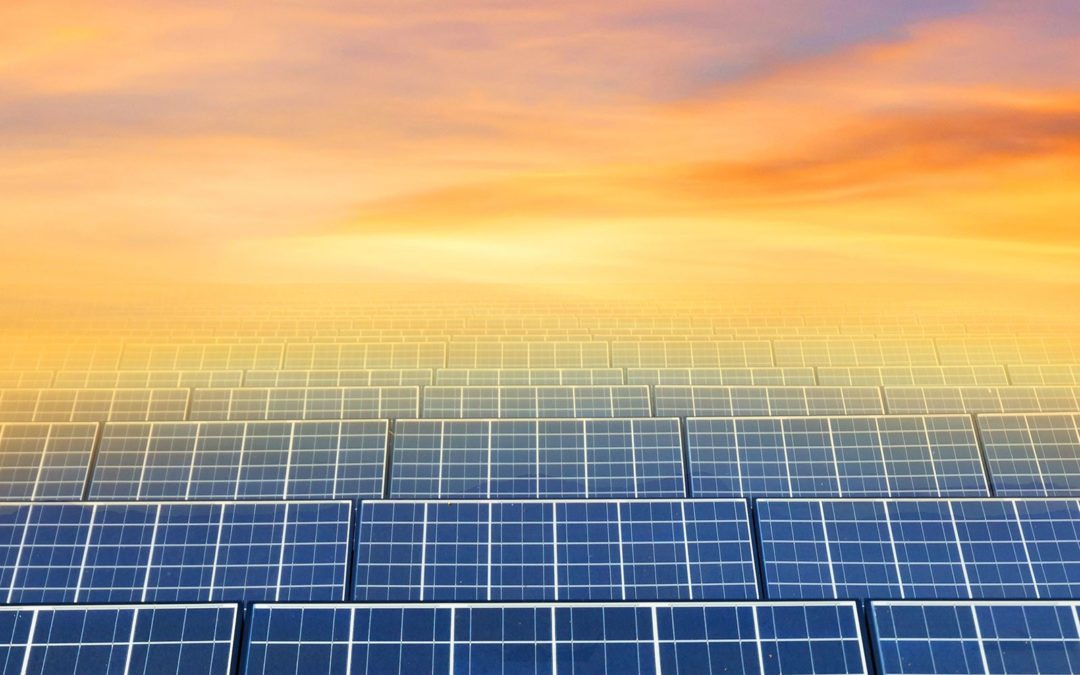On Sunday December 27th, President Trump signed a $1.4 trillion omnibus spending bill that includes support for clean energy programs and the extension of two important renewable energy tax credits. The law provides support for the advancement of solar, wind, energy storage, research and development, and energy efficiency.
The renewable electricity Production Tax Credit (PTC) and the Investment Tax Credit (ITC) have been instrumental to advancing renewable energy in the United States and the extension included in the recent omnibus bill will help ensure clean energy’s continued growth. The tax credits for wind and solar, in particular, are expected to spur vital economic investment.
Catherine Morehouse of Utility Dive noted that the “legislation will extend the PTC and ITC for land-based wind for one year at 60% of the project’s full value … and give offshore wind projects for the first time a 30% ITC for projects that began construction starting January 1, 2017 through December 31, 2025.”
Abby Hopper, President and CEO of the Solar Energy Industry Association (SEIA), sent a summary of key solar and energy storage provisions to local SEIA Chapters like RENEW Wisconsin. Below are highlights from her report:
Federal Tax Bill 2020 – Key Solar And Storage Provisions
-
- Federal Tax Credits Extended: The solar investment tax credit (ITC) will remain at 26% for projects that begin construction in 2021 and 2022, step down to 22% in 2023, and down to 10% in 2024 for commercial projects while the residential credit ends completely. Companies beginning construction on projects in 2021 will still have a four-year period to place their projects in service to take advantage of the ITC, with the statutory deadline for projects placed in service reset to before January 1, 2026.
- Reduce Barriers to Solar Adoption: $35 million appropriation for the Department of Energy (DOE), directing the Solar Energy Technologies Office to “reduce market barriers…to the adoption of solar energy technologies,” including “the development of best practices, models, and voluntary streamlined processes for local siting and permitting of distributed solar energy systems to reduce costs.”
- Increase Funding for Solar Research: Boosts annual spending targets to $300 million per year through 2025 for DOE programs that improve solar PV energy efficiency and cost-effectiveness, increase manufacturing and recycling of solar panels, and fund programs to integrate solar power into the grid;
- Invest in Energy Storage Research: Directs $100 million per year through 2025 to a newly created Energy Storage System Research, Development, and Deployment Program at DOE, aimed at R&D to improve technologies ranging from distributed batteries and control systems for grid integration, long-duration storage technologies such as pumped hydro and compressed-air energy storage.
Learn more about the details of the new law at GreenTechMedia which provides deeper analysis of the solar and wind tax credit impacts.
RENEW Wisconsin is thrilled to see this package come together and get signed into law. This new investment in clean energy is welcome news for Wisconsin’s renewable energy workers and has the potential to drive economic activity and clean energy investment in the coming years.

